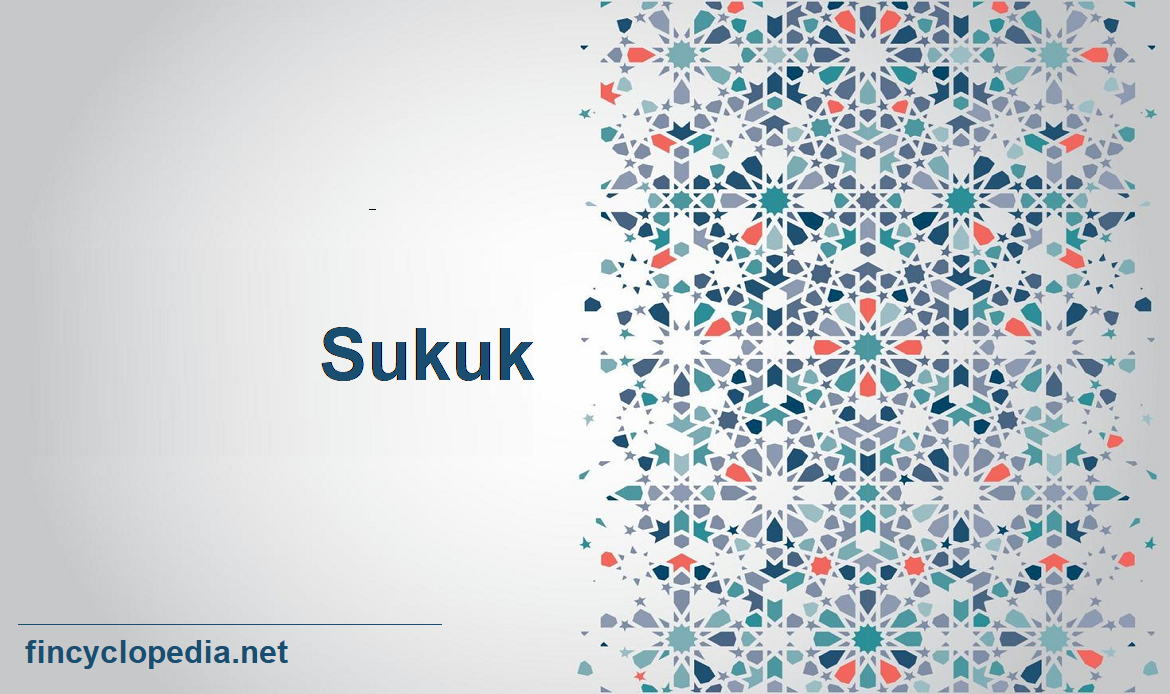Arabic (القرض الحسن) for an interest-free loan (fungible, marketable wealth) that is extended by a lender to a borrower on the basis of benevolence (ihsan or irfaq). Al-qard, from a shari’a point of view, is a noncommutative contract, as it involves a facility granted only for the sake of tabarru’ (donation). Therefore, al-qard al-hasan is a gratuitous loan extended to needy people for a specified period of time. At the end of that period, the face value of the loan (asl al-qard) is to be paid off. In other words, shari’a prohibits the stipulation of an excess for the lender, as it amounts to riba, whether the excess is expressed in terms of quality or quantity, or whether it is a tangible item or a benefit. However, it is permitted that the repayment of qardh (loan extinguishing) is made with an excess (tangible item, benefit, service, etc), provided that such an excess is neither expressly stipulated nor implicitly pre-arranged (through collusion or tawatu’) in the contract of loan.
Islamic shari’a doesn’t recognize any types of loan other than al-qard al-hasan.
Al-qard al-hasan is the opposite of al-qard al-ribawi.





